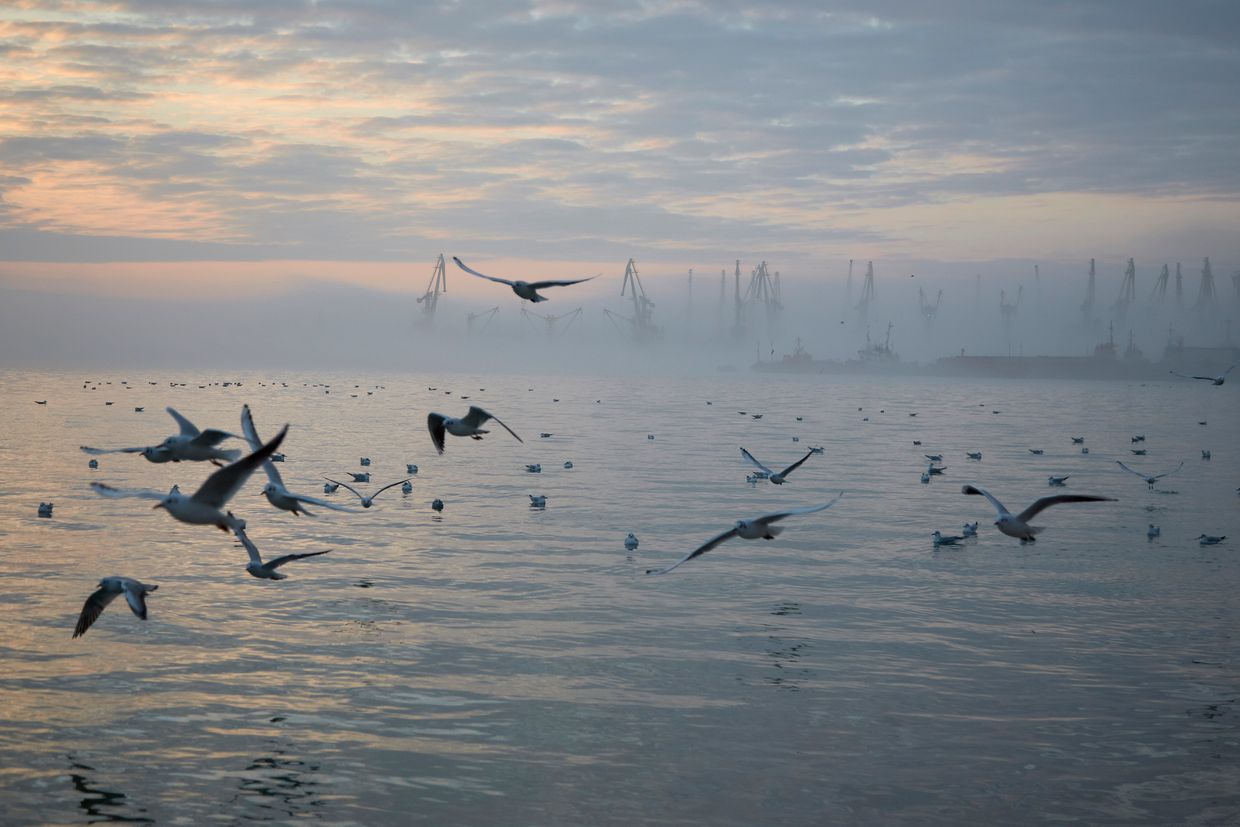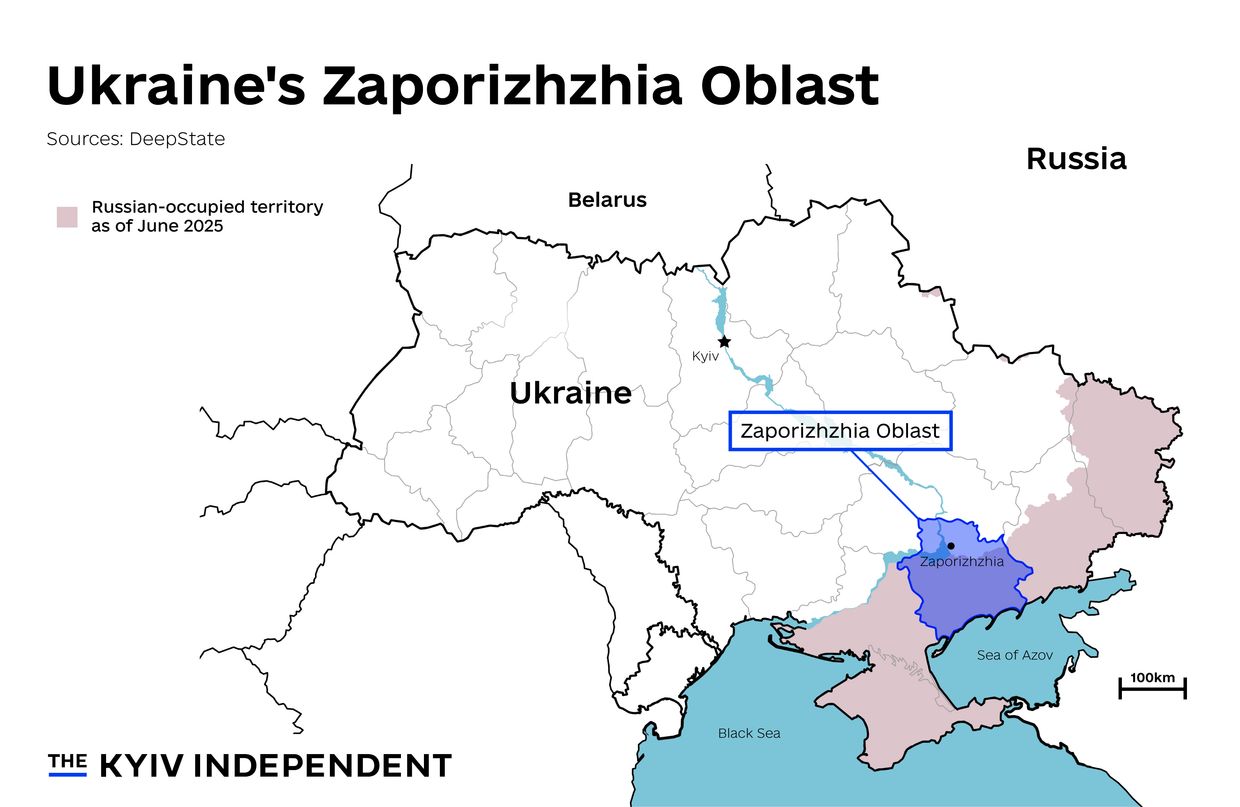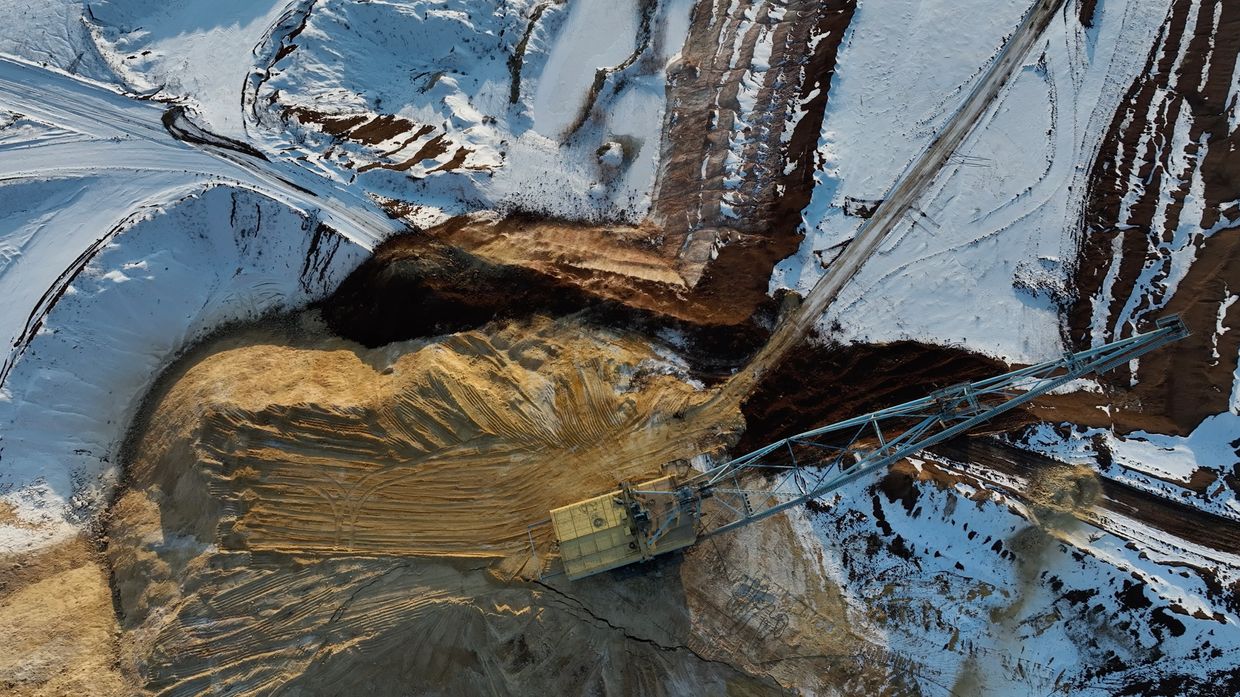Russia plans gas extraction in Sea of Azov, Ukrainian officials warn

Russian authorities are planning to begin gas extraction from the Sea of Azov, citing Soviet-era geological data and identifying 22 potential offshore fields, including several located near the occupied Ukrainian city of Berdiansk, Ukrainian officials told Suspilne on July 1.
According to the Berdiansk Municipal Military Administration, Russia's Federal Subsoil Resources Agency (Rosnedra) has announced plans to explore and possibly develop gas fields such as the Morske, Pivnichno-Kazantypske, and Skhidno-Kazantypske deposits.
"(Russia) has declared commercial reserves of gas in the Sea of Azov, referring to Soviet archives listing 22 oil and gas structures," Ksenia Kleshchenko, acting head of communications for the Berdiansk administration, told Suspilne.
"These include the Morske field, discovered in 1977 (and still under conservation). It is necessary to conduct further exploration and pilot operation."
Kleshchenko noted that the Pivnichno-Kazantypske and Skhidno-Kazantypske fields were discovered in the late 1990s and early 2000s during Ukraine's independence, but have not been developed. Ukrainian company Chornomornaftogaz had conducted surveys at the Pivnichno-Kazantypske and Strilkove sites before Russia annexed Crimea in 2014 and seized Ukrainian offshore assets.
Ukrainian authorities say the Kremlin's interest in mineral resources may have partially motivated the occupation of southern Zaporizhzhia Oblast, including Berdiansk.

"All of the (Russia's) 'plans' are focused on enriching themselves and the Russian Federation, but not on the welfare of the citizens of the occupied territories," the Berdiansk administration said in a statement. "While residents of Berdiansk face constant water and electricity outages, (Russian authorities) are laying grand schemes to exploit the region’s resources."
The administration also warned of potential environmental consequences. Due to the shallow average depth of the Sea of Azov, around 14 meters (about 46 feet), any extraction could cause serious ecological damage. The exploratory work is reportedly planned for 2026–2030.
Russia's interest in resource-rich territories extends beyond the Sea of Azov. In June, Russian forces took control of a major lithium deposit near the village of Shevchenko in Donetsk Oblast, one of Ukraine's most valuable sites for the mineral used in electric vehicle batteries.
Ukraine has now lost two of its four known lithium deposits to Russian occupation, including the Kruta Balka deposit in Zaporizhzhia. According to the Kyiv School of Economics, Ukraine holds about one-third of the European Union's lithium reserves.
 The Kyiv IndependentDominic Culverwell
The Kyiv IndependentDominic Culverwell

